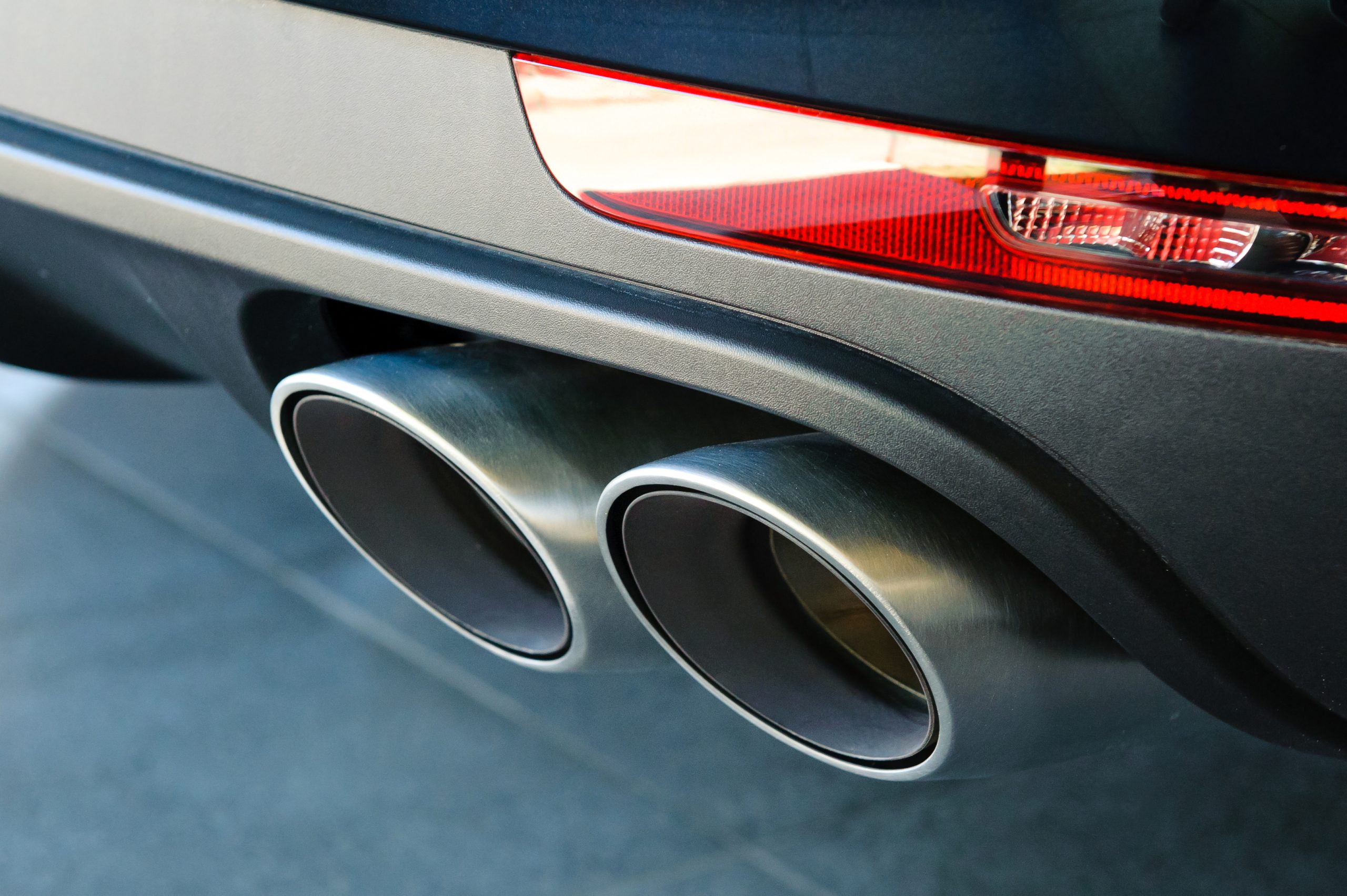
ICE ban for cars and vans delayed: 4 things you should know
The UK is delaying the ban on the sale of new internal combustion engine (ICE) cars and vans by five years.
Originally scheduled for 2030, the ban will now come into force in 2035.
Prime Minister Rishi Sunak has claimed that the delay will not harm the UK’s ability to hit its 2050 net zero target, but the move has come in for considerable criticism from many quarters – notably for an apparent lack of clarity and consistency. Others, meanwhile, have welcomed the move, echoing Rishi Sunak’s assertion that it’s a more “pragmatic” timeline for transitioning to electric transport.
In the wake of the announcement, we bring you four things you should know about the ICE ban.
- Why are new petrol and diesel vehicles being banned?
As the climate change clock ticks, the pressure to decarbonise transport intensifies.
Petrol and diesel cars and vans are major contributors to carbon dioxide (CO2) emissions, a key greenhouse gas responsible for global warming and climate change. By phasing out internal combustion engine (ICE) vehicles, the UK aims to significantly decrease its carbon footprint and achieve its goal of net-zero emissions by 2050.
Furthermore, ICE vehicles emit harmful pollutants such as nitrogen oxides (NOx) and particulate matter (PM), which have adverse effects on air quality and public health. Banning these vehicles will help reduce urban air pollution, leading to improved respiratory health.
The move is being supported by the nationwide role out of clean air and low emission zones.
- Should we delay adoption of electric vehicles given that the ICE ban is being delayed?
By extending the ban, fleets now have more time to establish the business case for change and plan and hone their electrification strategies, but where electric vehicles (EVs) are a good operational fit, their adoption should continue apace. The environmental and reputational benefits can be far-reaching.
The 2030 deadline that was announced three years ago has led to a clear focus on delivering a cleaner transport system, supported by considerable investment in infrastructure and technology.
EVs have becoming increasingly affordable, with improved range and a rapidly expanding charging network making them an increasingly viable and environmentally friendly alternative to traditional fossil fuel-powered vehicles.
There adoption can also help businesses to hit their Scope 1 and 2 emissions targets, and with a Salary Sacrifice scheme also contribute to a reduction in Scope 3 targets.
- Will the ban delay the roll-out of EV infrastructure?
The journey to net zero transport continues, and there can be no excuses for this announcement derailing the progress that’s been made.
Concerns over the charge point rollout rate were widespread at the start of year, with only one standard public charger for every 36 plug-in cars on the road. But things have changed. In the first half of 2022, an average of 891 charge points were installed each month – in the first half of this year this figure had increased by 82% to 1,622 a month.
With the DfT having recently pledged a £380.8m boost to the Local Electric Vehicle Infrastructure Fund (LEVI) fund for local authorities to support the roll-out of EV infrastructure, the government remains committed to a nationwide network of 300,000 charge points by 2030. There have been no suggestions that this target will change.
- What are the financial incentives for electrifying my fleet?
More incentives are arguably needed to encourage EV adoption, but there are still strong financial benefits to be had.
A favourable benefit-in-kind (BIK) tax treatment for electric vehicles, for example – 2% until April 2025 then rising by 1% annually to just 5% by tax year 2027/28 – has made salary sacrifice a particularly cost-efficient option. Under salary sacrifice, the reduction in employees’ salaries means that income tax paid by the employee reduces and the National Insurance Contributions (NICs) made by the business also decrease.
Until 31 March 2025, businesses can also claim a 100% first-year allowance on EVs, allowing them to deduct the full cost of the vehicle from their taxable profits.
Although the plug-in car grant (PiCG) was removed in 2022, the Office for Zero Emission Vehicles (OZEV) has retained the plug-in van grant (PiVG). Rates for the PiVG are currently £5,000 for large vans and £2,500 for small vans. More information can be found here.
For help and advice on electrifying your fleet, contact our sustainability experts today. Email advice@fleetoperations.co.uk
